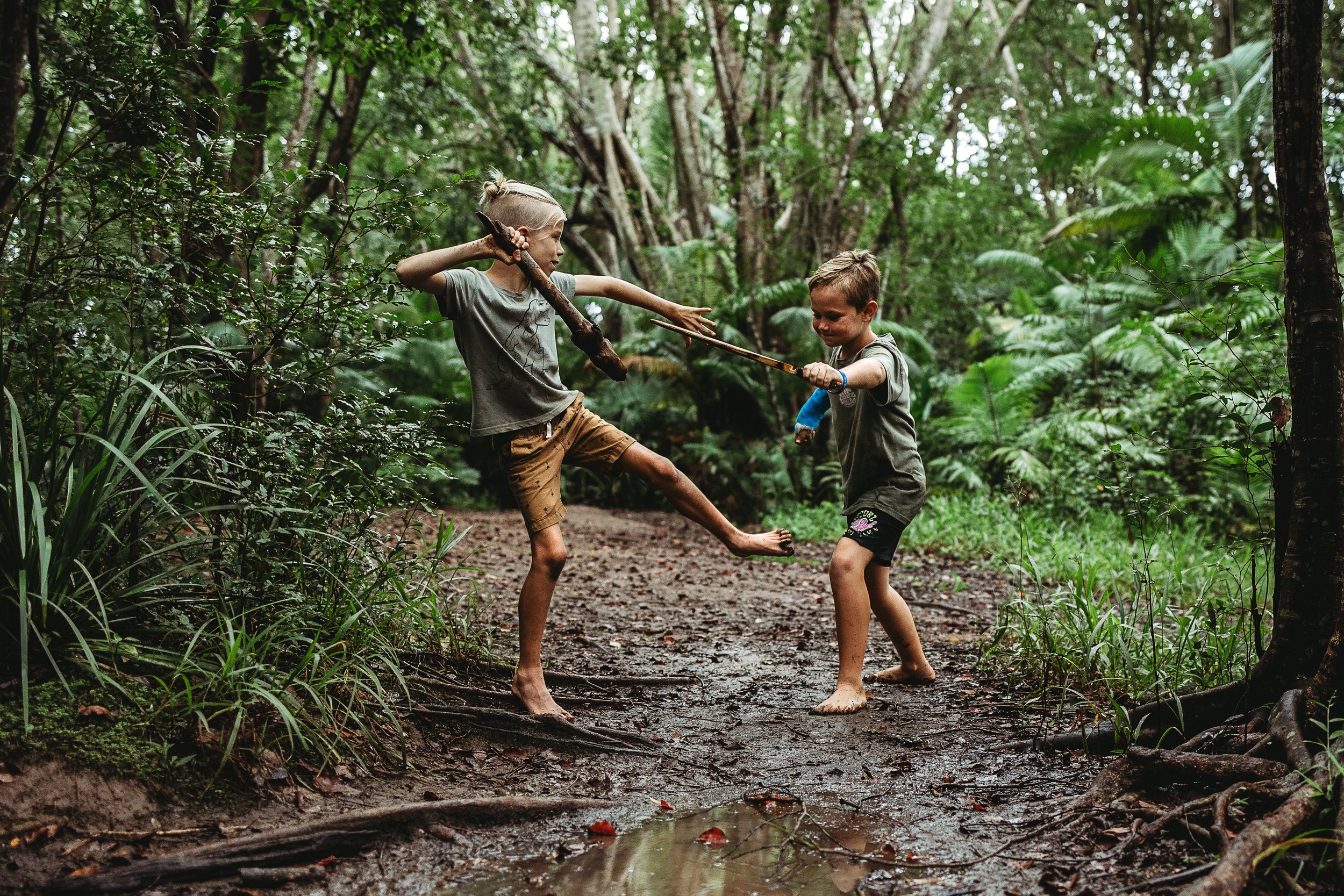Taking a trip to a children’s farm is a delightful way for families to connect with nature and explore the fascinating world of animals. This type of adventure is not just an entertaining day out, it’s a deeply educational experience. It provides a platform for children and adults alike to learn about the environment, agriculture, and the importance of sustainable living. In the following sections, we’ll dive into various aspects of preparing and making the most of your farm visit, with a focus on the wonders that await at the farm and the numerous benefits these experiences can offer.
Getting Ready for Your Farm Visit: Essential Tips and Preparations
Preparing for your visit to the farm requires careful consideration to ensure a comfortable and rewarding experience. First and foremost, it’s vital to check the weather forecast. This will help you choose the right clothing and accessories to bring, keeping in mind the activities you plan to participate in. Farms usually have diverse terrains, so it’s advisable to wear sturdy shoes. For families with young children, remember to pack essentials such as snacks, water, hats, and sunscreen. It’s also a good idea to log onto the farm’s website and take note of their opening hours and any special events that might be offered on the day of your visit. Accessibility is key for a smooth experience, so check if the farm provides access to facilities like restrooms and picnic areas. Preparing a checklist of these items can ensure that you don’t forget anything important and can fully enjoy your time at the farm.
The role of technology in education has evolved remarkably over the years, and with this evolution, the way students complete their assignments has also changed. Students now have the opportunity to purchase research papers from EssayPro, a platform that integrates the latest technological advancements to offer a seamless experience.

Meet the Animals: A Guide to the Farm’s Furry Friends
One of the highlights of a visit to a children’s farm is the chance to meet and interact with a variety of animals. This experience can be both thrilling and educational for children and adults alike. Farms typically house a range of animals from common livestock like cows and chickens to more unusual creatures like alpacas or peacocks. Engaging with these animals allows visitors to learn about their habits, diets, and roles on the farm. For students or educators looking to further explore and document the educational aspects of such experiences, essayservice.com provides research papers as an excellent resource for crafting detailed essays or research papers, helping to articulate the importance of hands-on learning in natural settings. It’s important to note that some animals may have specific times for interaction, so it’s advisable to check the schedule in advance. This ensures that you don’t miss out on any exciting opportunities to feed, pet, or even assist in caring for the animals. Interacting with farm animals can instill a sense of responsibility and compassion in children, offering insights into the care and work that goes into farm life.

Little Farmers in Action: Hands-On Activities for Kids
Children’s farms often feature a variety of hands-on activities designed to engage young visitors and give them a taste of farm life. These activities can range from gardening projects to animal care workshops. Participating in such activities not only entertains children but also educates them about the basics of agriculture and animal husbandry. It’s a practical way for kids to learn where their food comes from and the importance of caring for the environment. Farms usually provide all the necessary tools and materials for these activities, but it’s always good to check in advance and bring anything extra that might be needed. These hands-on experiences are invaluable, offering children a unique perspective on life on a farm and the hard work that goes into producing the food we eat.
The Importance of Farms: Lessons in Sustainability and Ecology
Visiting a farm can be a significant educational experience, particularly in understanding sustainability and ecology. It’s an opportunity to see firsthand how farms operate and contribute to the environment. Visitors can learn about various farming practices and how they impact the local ecosystem. Many farms also incorporate lessons on renewable energy, water conservation, and waste management, providing insights into the measures taken to ensure sustainability. This aspect of a farm visit can be particularly enlightening, offering ways for families to adopt more sustainable practices in their own lives. Additionally, farms often offer guided tours and workshops that delve deeper into these topics, making them an invaluable resource for learning about environmental stewardship.

Childrens Farm Adventures: Exploring the Wonders of Nature and Animals
A crucial aspect of visiting a children’s farm is gaining an understanding of the farm-to-table process. This experience can be particularly eye-opening, especially for children who may not be aware of how the food they eat is produced. Farms provide an opportunity to see how vegetables are grown, how animals are raised, and how products like milk and eggs are harvested. This knowledge can foster a greater appreciation for the food we consume and the labor that goes into producing it. Additionally, many farms allow visitors to participate in activities such as picking fruits and vegetables or collecting eggs, providing a hands-on experience that can be both fun and educational.
Capturing Memories: Photography Tips for Your Family’s Farm Day
A farm visit is a wonderful opportunity to create lasting memories with your family, and capturing these moments through photography is a great way to preserve them. When photographing your farm adventure, consider the lighting, especially during the golden hours of early morning or late afternoon, for the best shots. Remember to capture candid moments of your family interacting with the animals and participating in farm activities. However, it’s important to respect the privacy of other visitors and the welfare of the animals while taking photos. Many farms have picturesque landscapes, so take advantage of these as backdrops for your family photos. And don’t forget to ask someone to take a photo of your entire family together – it’s a great way to remember the day!
Nurturing a Love for Nature: How Farm Visits Benefit Child Development
Farm visits offer numerous benefits for child development, particularly in nurturing a love and respect for nature and animals. These experiences can help children develop a sense of responsibility, empathy, and a better understanding of the natural world. Being in a farm environment allows children to explore and engage with elements of nature they may not encounter in their daily urban or suburban lives. This exposure can spark a lifelong interest in environmental conservation and animal welfare. Additionally, farm visits offer a hands-on learning experience that can complement traditional classroom education, providing children with a more holistic understanding of the world around them.

